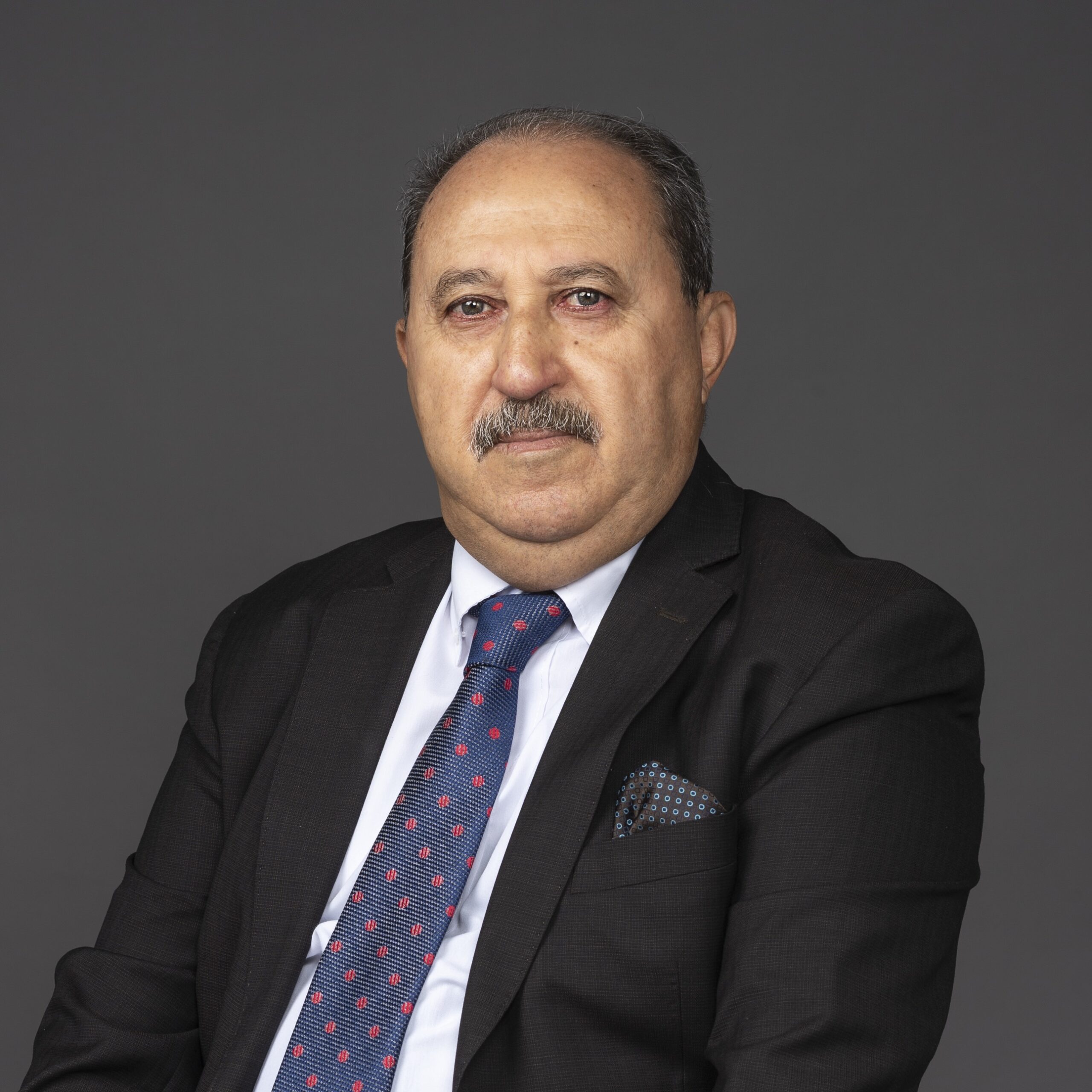The current picture in the Maghreb is grey, turbulent and open to all sorts of readings and expectations. Matters fluctuate between an insistence on maintaining the status quo and continuing to talk about political and institutional reforms without anyone seeing any resultant changes in general conditions.
There is some regression in the achievements of the past decade in the context known as the “Arab movement”, mainly in Tunisia and Morocco, and in a very different way in Algeria, Libya and Mauritania. Most of the indicators suggest that what was expected from the dynamics initiated by the movement since 2011 did not bear fruit. There was instead a clear setback due to the paths that governed the movement itself, and the climate that emerged out of the coronavirus pandemic and the policies that accompanied it. It is expected that this fluctuation between continuity and opportunities for reform will last for years, unless exceptional circumstances arise, which I do not believe is likely in the near future.
The five countries known collectively as the Maghreb face a democratic deficiency, albeit to different degrees. Its manifestations are easy to spot, whether in terms of respect for rights and freedoms, the rule of law and institutions, or in the fair distribution of wealth, state resources and public goods.
There are two oil- and gas-producing countries. Of these, Libya is experiencing a crisis, the way out of which is unknown. The other is Algeria, which is in a vicious circle with leaders who can’t look at themselves in the mirror. The World Bank has drawn a disturbing picture in one of its recent reports about the Algerian economy and its future prospects. Tunisia, meanwhile, is experiencing political tension disguised as a constitutional and legal issue, between a president who aspires to hold all the keys to power, and partisan pluralism which is going up in flames. There too, the future is uncertain.
READ: Why did Spain offer to mediate between Algeria and Morocco?
In Libya, the road to the reunification of the country and institution building for national reconciliation is long and difficult. The Libyans need a stronger, deeper and more sustainable national consensus. Arguably the same situation is being experienced in Mauritania, which has not yet emerged from the legacy of the previous president and accumulated practices which hinder positive developments.
![Tensions between Morocco and Algeria over Israel/Palestine - Cartoon [Sabaaneh/Middle East Monitor]](https://i0.wp.com/www.middleeastmonitor.com/wp-content/uploads/2021/12/IMG_4017.jpg?resize=920%2C571&ssl=1)
Tensions between Morocco and Algeria over Israel/Palestine – Cartoon [Sabaaneh/Middle East Monitor]
As well as such similarities of a difficult and complex nature, there are contrasts that do not help the Maghreb countries to strengthen each other as they each seek to overcome the challenges that face their respective societies. Insightful observers of their relationships will notice the nature of the tensions that characterise the region, weaken its balance of power, and deepen its exposure to external influence.
Links between Morocco and Algeria, the two most powerful and weighty countries in all respects, have been severed in the past two years; they even give the impression of being on the verge of war. Algeria has taken steps to close all avenues for dialogue and rapprochement. Alliances are being formed with countries outside the Maghreb at the expense of the unity of the states within the region. The growing presence of regional and international powers, and the strategic and political agenda that they set for the region, does not and will not serve the countries of the Maghreb and their common project.
READ: We can expect stronger Algeria-Iran ties as Israel plans to establish a base in Morocco
Due to its location, the Maghreb has always been an open field on whose land projects of different philosophies and dimensions intersect. Until the collapse of the Berlin Wall in 1989, the Maghreb was split between West and East, and divided by different ideologies in the Arab world. It is worth noting that the developments taking place in the region showed that the Cold War harmed Maghreb societies, and that the consequences for the emerging national states post-independence were different in appearance but the same in terms of depth and substance. This ideological difference was detrimental to democracy-building and social justice.
In fact, it is difficult to know what to expect in the Maghreb. It is not possible to be objective and propose ways and means to change its current image to something much more positive. Nevertheless, clarity, stability and openness are essential if tension harmful to everyone is to be avoided. Any positive development in any of the five countries providing such conditions for continuity and stability will have an added value on the path to building a democratic, just and fair Maghreb project for all of its people.
This article first appeared in Arabic in Arabi21 on 10 January 2021
The views expressed in this article belong to the author and do not necessarily reflect the editorial policy of Middle East Monitor.

![The flags of Algeria (L) and Morocco flutters in Algiers, Algeria. [FAROUK BATICHE/AFP/Getty Images]](https://i0.wp.com/www.middleeastmonitor.com/wp-content/uploads/2021/01/Morocco-algeria-flag.jpg?fit=920%2C613&ssl=1)







